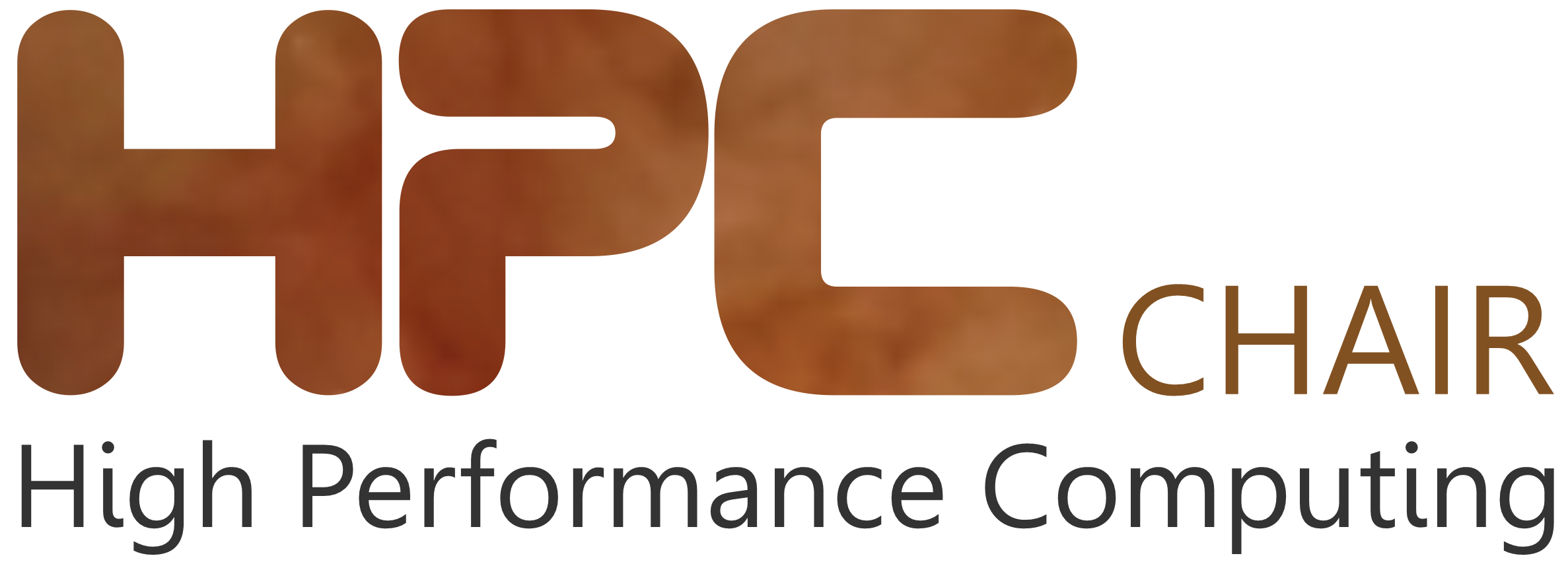The ARDC/CDIA is based at the University of Évora, builds upon the HPC Chair Research Data Collections infrastructure and takes advantage of the HPC ecosystem centred on the OBLIVION Supercomputer.
The ARDC, established within an international federated data centres framework adhering to SKAO Regional Centre Network guidelines, international space agencies and laboratories, is a data-centred infrastructure designed to store, process and make available research data from different topics and fields of research, e.g.,
- Astronomical observations with land and space-based telescopes
- Astrophysical simulations
- Atomic Physics
- (Bio)Molecular Simulations
- Digital Humanities - Heritage
- Digital Humanities - Literature
- Health & Sport
- Material Sciences and Nano-Minerology
- Mining Resources
- Tourism
Key aspects of the ARDC are data curation (Policies and tools to organise, integrate, and maintain data, ensuring its long-term value, availability for reuse, and preservation) and data planning (forecasting data needs, identifying sources, managing data storage and processing, and overseeing data presentation, distribution, and security).
The ARDC organises data into curated collections with strict data governance and access policies, adhering to FAIR principles, GDPR (in cases involving individuals and public/private organisations), European Open Science, Open Data policies, and the International Virtual Observatory Alliance (IVOA) standards, in line with the SKAO Regional Centre Network guidelines.
The ARDC follows a 3-layer structure:
- Resource layer - Comprises stored (meta)data, and procedures, including data repositories, databases, workflows, and computing resources for analysis.
- Server/application layer - Includes API and Event Bus, monitoring system, and management packages to handle metadata, provenance, user profiles, access rights, workflow, and resource management.
- Presentation layer - Features a front-end, interactive analysis tool, system administration tools, data visualisation, and command-line client libraries for data reduction, processing, and analysis.
Data management strategy focuses on:
- Data and computing resilience - Ensures continuous data access and computing resources availability despite hardware failures or maintenance, with minimal disruption and active “Next Day” support.
- Data integrity - Maintains the value of digital objects (data, software entities, etc.) throughout their lifecycle and ensures their preservation as long as required.
- Security - Enforces authorisation access rights, use of computing resources, and protection against malicious software, ensuring a high level of security for the available data.
The ARDC/CDIA is funded by the HPC Chair of the University of Évora and the Foundation for Science and Technology, Portugal.

.png)

